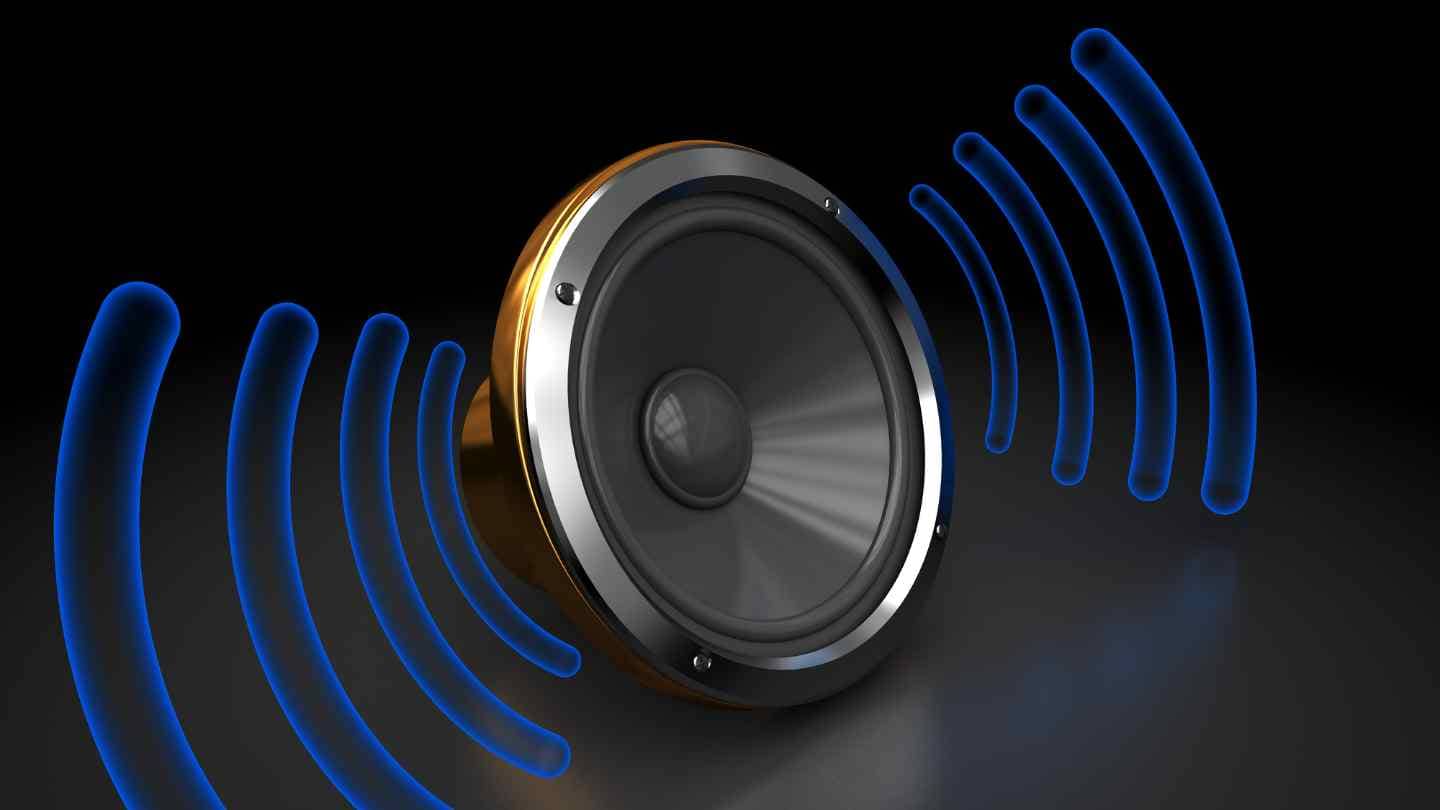The role of speakers in a sound system is crucial because they are responsible for converting electrical signals into audible sound waves that can be heard by human ears. The quality of speakers can significantly impact the overall sound quality of a system, as well as its performance in different environments and for different applications.
Type of Facility
The human hearing range typically extends from 20 Hz to 20,000 Hz, with variations between individuals due to age, genetics, and exposure to loud noises. Different types of facilities may require different types of speakers depending on the nature of the sound they need to produce, the size and layout of the space, and the intended audience.
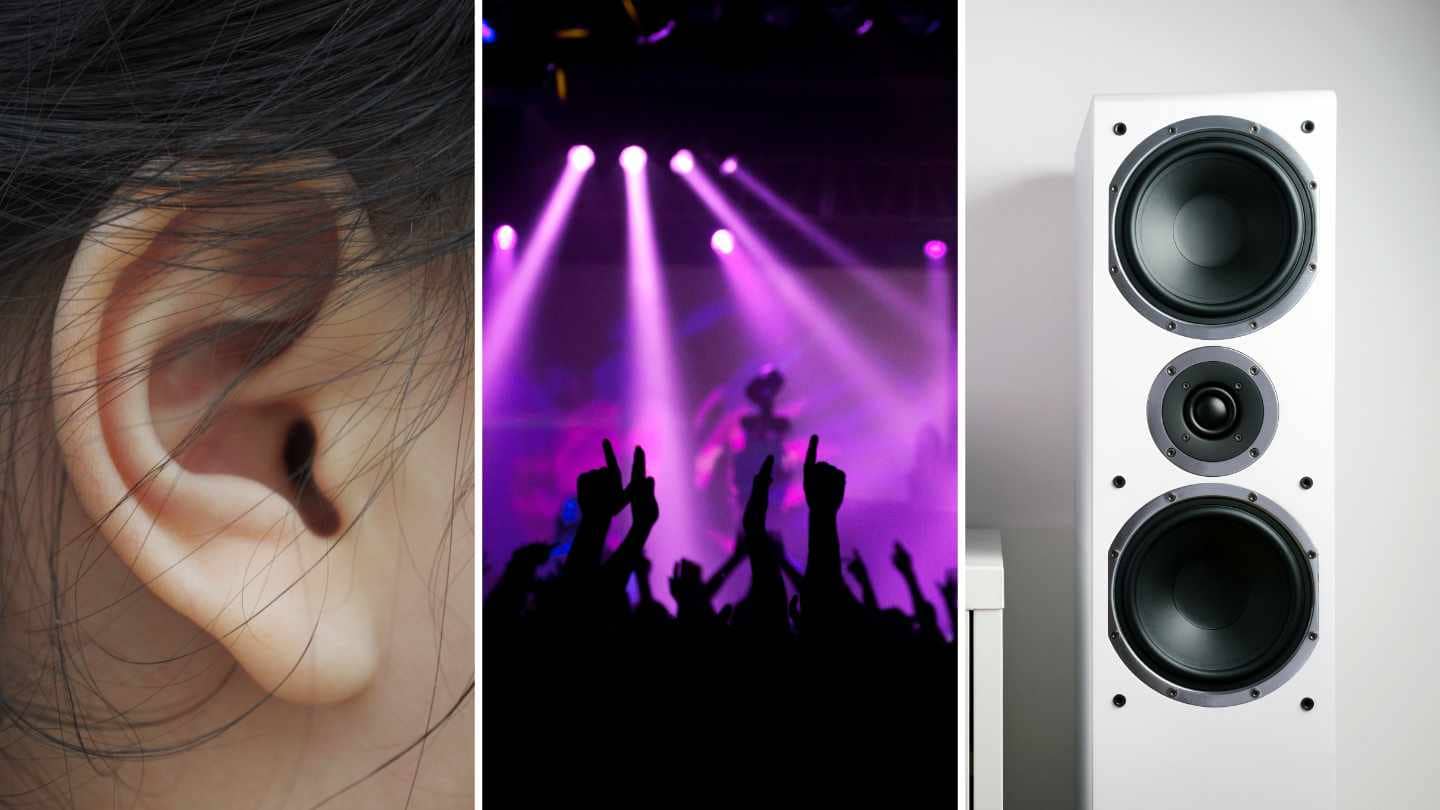
For example, in a home theatre system, speakers may need to reproduce a wide range of frequencies with high accuracy to provide a rich and immersive audio experience for movie and music playback. In contrast, in a large concert venue, speakers may need to be able to project sound over a long distance and reach a large audience without distortion or loss of clarity.
In addition to the type of facility, the placement and configuration of speakers can also affect their performance. For example, speakers that are placed too close to walls or other obstacles may create unwanted reflections or vibrations that can distort the sound. Similarly, speakers that are not properly positioned or aligned may create phase cancellation, resulting in a loss of bass or other frequencies.
Industrial Plant Vs. A Theatre
Selection of Speakers
How does the selection of speakers for PA systems in an industrial plant differ from that of a theatre? The selection of speakers for PA systems in an industrial plant differs from that of a theatre in several ways, primarily due to differences in the acoustic environment and the intended use of the system.
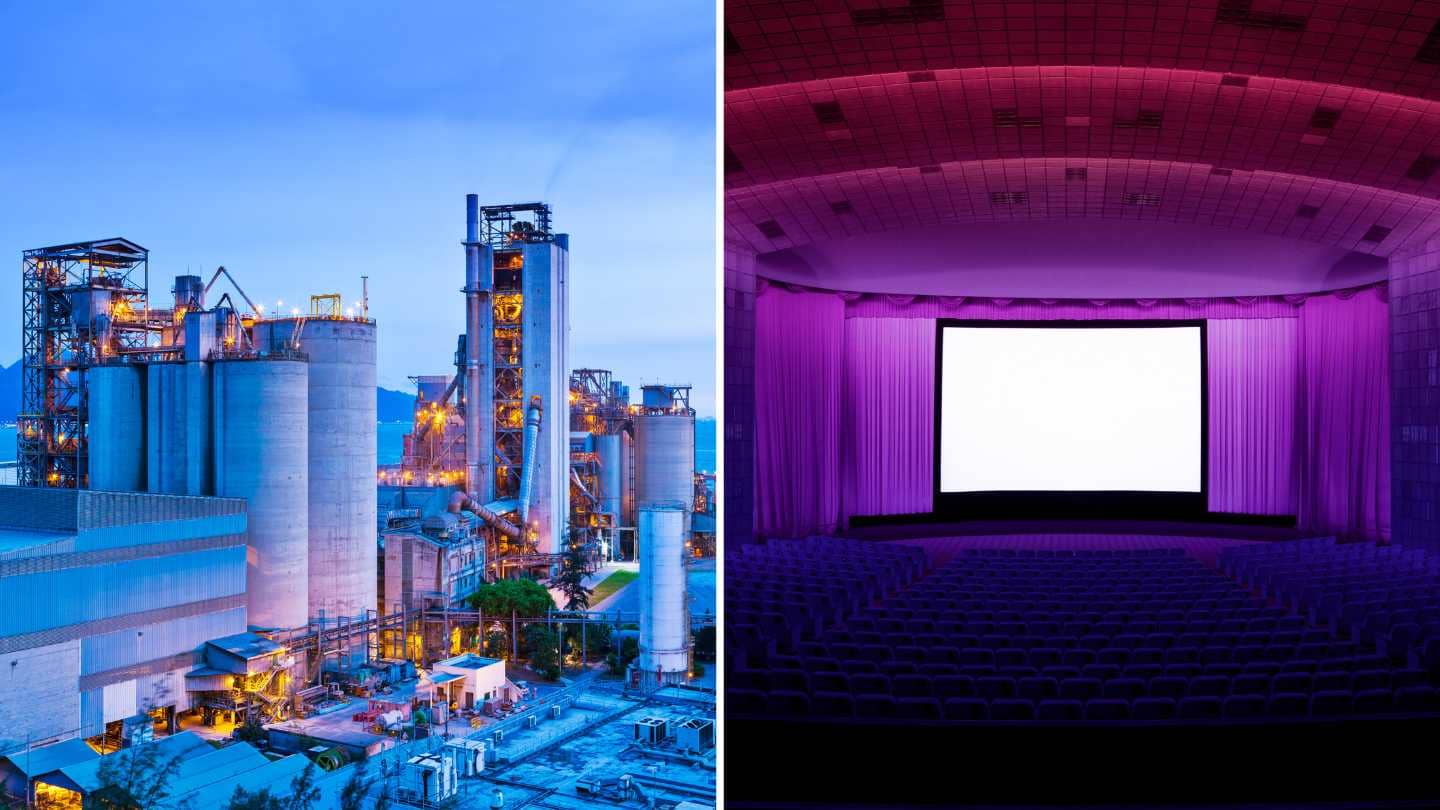
Industrial plants typically have high levels of background noise from machinery, equipment, and other sources. This means that the speakers used in the PA system need to be able to produce clear and intelligible speech or other audio signals even in a noisy environment. This may require the use of speakers with high output power, directional properties, and frequency response tailored to the specific needs of the environment.
In contrast, theatre environments typically have lower background noise levels, so speakers used in theatre systems can focus more on delivering high-fidelity sound reproduction for music and other audio content, with less emphasis on speech intelligibility.
Coverage Area
The coverage area of the PA system in an industrial plant is typically much larger and more complex than in a theatre. Industrial plants may have multiple floors, large open spaces, and a mix of indoor and outdoor areas that require coverage. This may require the use of speakers with different dispersion patterns, such as horns or line arrays, to achieve the desired coverage and sound pressure levels.
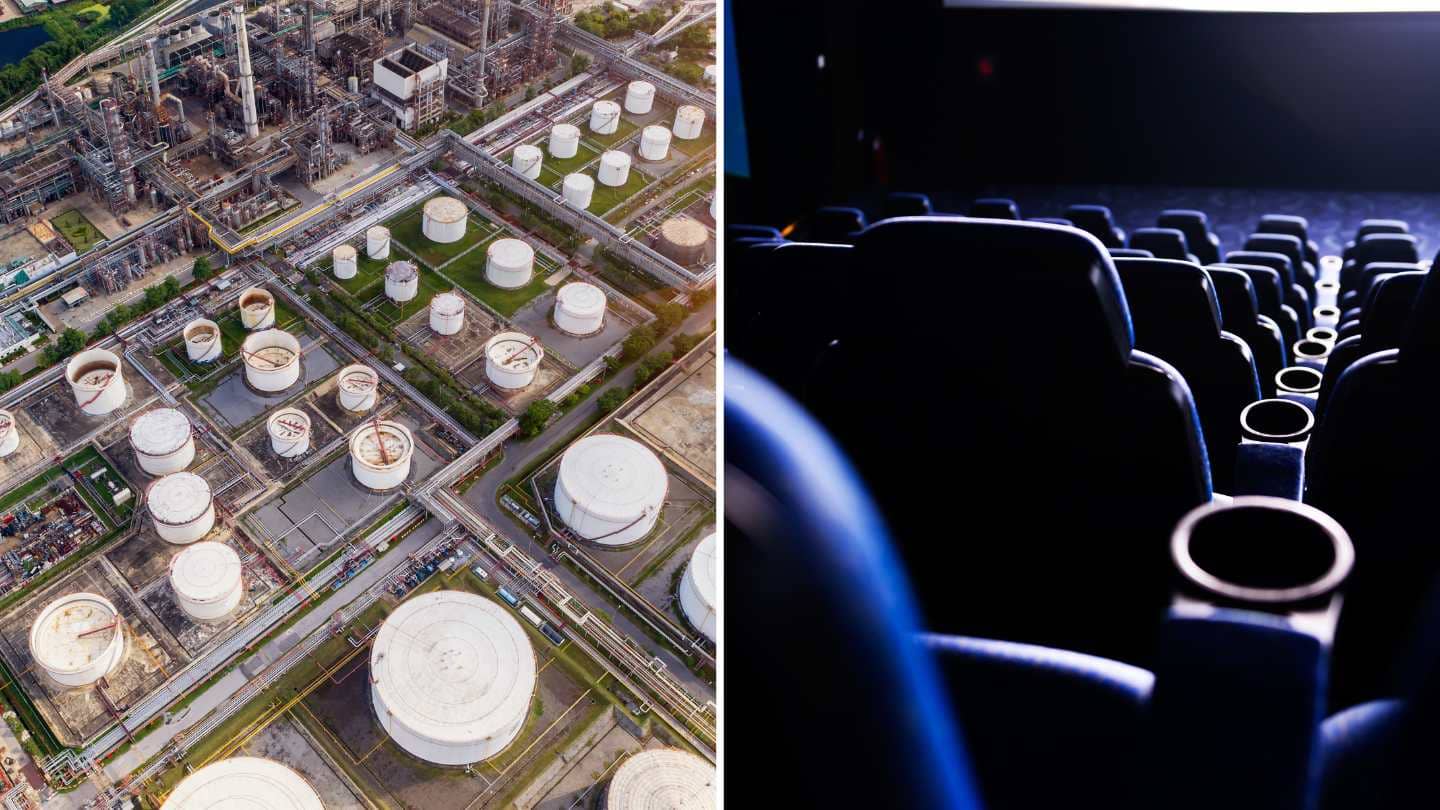
In contrast, theatre environments typically have a fixed seating area and a more uniform layout, which allows for a simpler and more straightforward speaker placement and configuration.
Type of Audio Content
Finally, the type of audio content used in industrial plant PA systems is typically focused on safety announcements, alarms, and other critical information, whereas theatre systems are focused on delivering entertainment and artistic expression. This means that the speakers used in industrial plant systems may need to prioritize speech intelligibility and clarity over other audio qualities, such as musicality or tonal balance.
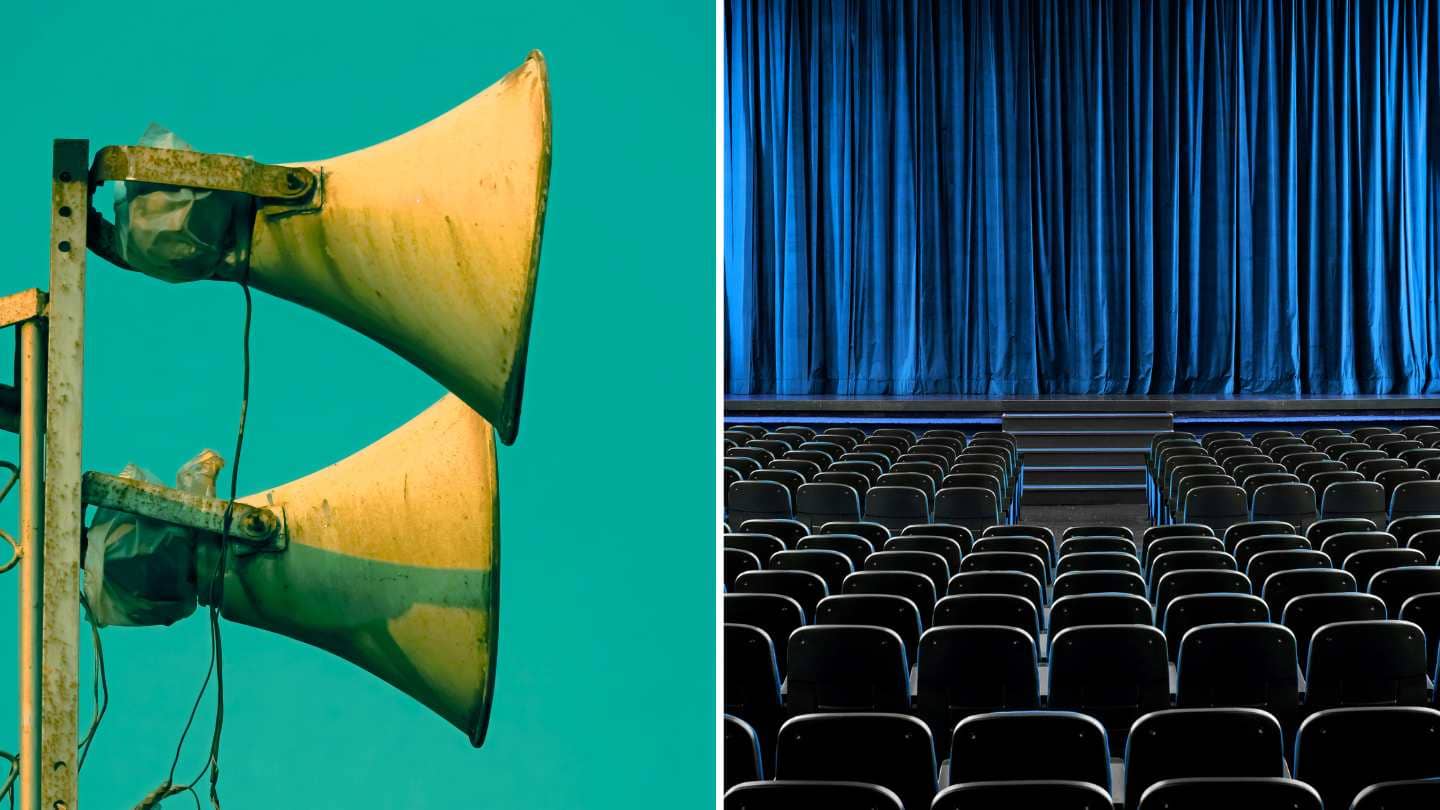
Overall, the selection of speakers for PA systems in industrial plants and theatres is influenced by the unique acoustic properties and intended use of each environment, and requires careful consideration of a range of factors to ensure optimal performance and user satisfaction.
Choosing The Right Speakers
The role of speakers in a sound system is critical, and selecting the right type and configuration of speakers can significantly impact the quality and effectiveness of the system for different applications and environments.
Vivo Asia is a company with a deep knowledge base in designing acoustic systems for various facilities. Our engineers are trained and have experience in selecting the speakers that are best fitted for the application and the area that needs to be covered. The sound coverage studies carried out using state of the art software allow us to place the speakers at the best locations so that the overall effect of the system is optimum for the intended purpose be it a emergency voice communication (EVC) system or audio system for a multi purpose hall.

